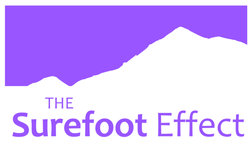|
The charity Climate Ed runs workshops with school children to further student engagement by building on the basic climate science message through role play, creative tasks, games and news features. In small groups, the children also have opportunities to express themselves with reflective writing.
Since Easter, Climate Ed volunteer Suzanne O’Donnell has been engaged in delivering five one-hour sessions to about 60 of Year 6 children at the Furzedown Primary School in Wandsworth, London. Suzanne, who is a former teacher and has a lot of energy for networking, enjoys being involved in the creative side of climate action together with the children. She’s convinced that the work will go towards raising a generation of carbon literate children, and through it they will support the foundations for a more sustainable future. Ben Cuddon, founder of Climate Ed, a Carbon Conversations facilitator, and one of the directors of The Surefoot Effect, aims to teach children about climate change and empowers them to take action through the charity’s activities. To do so, Suzanne and other volunteers draw on their own background. For Suzanne it meant that she was able to use relevant examples of recent activism, for example student protest of fossil fuel companies funding at the Science Museum. It was also possible to include a slide showing an environmental art project attended by young children funded by their local council. She’s also keen to use her teaching skills to facilitate questions and let the children to voice concerns which they did with great enthusiasm. To balance the science videos, the activities provided a way to make carbon counting fun by making up a catchy short rhyme or a comic sketch. Unsurprisingly this created quite a lot of laughter among the 9-10 year-olds. This added a playful aspect while focus was the major carbon reductions they and their families can achieve. Questionnaires and presentations pointed to carbon tracker apps for their families to carry the work into weekly accounting beyond the classroom and challenged them on how much emissions participants are able to save. Suzanne thinks the students after the workshop have a good handle on the main causes and impacts. They are aware that flying or owning an SUV both being carbon intensive is a problematic issue; furthermore, some of the kids saw a conflict that those activities are presented as aspirational. However, they are aware that choices are available and can be made about the future that tackle the travel problem. They also pointed out benefits of vegan diets to their friends and parents and making reductions there too. Suzanne taught art and design at secondary level some years ago. Working at primary level is a huge difference she says, because this age group wants to know what’s happening in the world, what's changing and why. It was a great reward for her to get back to her local community. Even with Covid restrictions they’ve proved this approach to be successful from a clarification and practical action point of view. So far Climate Ed has run their programme in schools around south London, with bookings for the coming academic year there’s a huge desire to spread awareness among the school community and build relations with other groups. If you would like to set up Climate Ed affiliate groups in the UK or in other countries the charity would love to hear from you. Feel free to get in touch via contact@climateed.net
0 Comments
A few updates on the three Erasmus+ projects. Breakthrough for Resilience The project Breakthrough for Resilience has passed its half-way milestone recently. Partners have collected resilience tools in three aspects: people, places and communities, held a pilot workshop in November 2020, and the Society of Social Psychiatry and Mental Health based in Greece has run three further pilot workshops. Our partners will deliver 3 workshops during 2021, each dedicated to one of the three main aspects of the project. Please join us for our Creativity Builds Resilience workshop in June. Sustainability, Heritage, Health In the project Sustainability, Heritage, Health we have together with partners from Greece, Spain and Lithuania started planning the first routes which will explore heritage in the four participating countries and make connections to environmental issues. On one of the routes, in Athens, you can stroll along marble streets that are thousands of years old to learn about Poseidon, god of the seas, and the current state of the world’s oceans, pollution, how millions of people depend on the oceans for livelihoods, and the ways we have to protect them. On one of the routes in Scotland, you can learn about the visionary thinkers and how the country has become a leader in the transition to a more sustainable future.  Once Upon Your Time In the project Once Upon Your Time for schools, we and partners in Iceland, Spain and Slovenia are researching storytelling methodologies. The goal is to adapt these methodologies and work with children aged 11-16 in schools in the four participating countries. More info to follow as the projects progress. 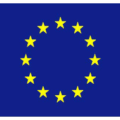 The three projects are co funded by the Erasmus+ programme. We benefit from varied landscapes with space for myriads of species - each living with a role to play. Being engrossed in such a rich environment can be both soothing and stimulating. Likewise, the International Conference on Ecolinguistics in April was a life-giving boost. The three days were packed with knowledge sharing on tackling real-world issues equipped with Ecolinguistics which is a term describing the connection between environment and language in a broad sense - Eco-language. The wide range of experiences based on activism, art, campaigning, education, research and studies on ways of expression, underlined that through these activities we can strengthen the life-sustaining interactions for all the beings on the planet and the planet itself. Ecolinguistics can support humans to connect with other-than-human nature.
Pam and Gazelle from Surefoot both delivered workshops. 'Using the tools of Nature to Breakthrough for Resilience' was one of the workshops, and is rooted in one of our European projects - a new element in the Eco-language tool box. Interested in knowing more? 1) Free online course Stories we Live by about Ecolinguistics. The course is funded by the University of Gloucestershire for public benefit. 2) Check out what Surefoot offers to equip people, communities and organisations with skills for sustainability and resilience. Liz from Surefoot is working in Midlothian on the Penicuik Carbon Challenge project. She facilitated a Carbon Conversations Lent group for a local church community, where the participants aimed to focus on carbon reduction and climate change for Lent this year after their church pledged to a net zero emissions target by 2030. A lot of the participants started the course thinking that big changes to their lifestyle were unlikely. However, the group has really come round to the idea of leaving a legacy of low carbon changes for future generations and have some big changes planned such as installing solar panels and switching to electric vehicles. They also plan to run a monthly low carbon topic for the church congregation with helpful info and advice. The project is funded by the Scottish Government's Climate Challenge Fund. By Euri Bartlome Vidal, Associate at The Surefoot Effect
As a host of the COP26 and a leading nation in the transition to a low carbon society and a net zero nation by 2045, the Scottish government asks the following questions:
To make recommendations to Ministers on how Scotland’s net-zero transition should be achieved, a Citizens’ Assembly on climate change was convened. Grounded in Scotland's Climate Change Act (2019), Scotland's Climate Assembly brought over 100 people together from all walks of life to learn about, deliberate and make recommendations to answer: "How should Scotland change to tackle the climate emergency in an effective and fair way?" Each Assembly member identified the top 10 statements which were most important to them. These were consolidated and ordered based on the statements which were prioritised most by members. The two most important recommendations regarding fairness to tackle the climate emergency, prioritised by over 70% of Assembly members were: 1) Take into account the needs of different communities across Scotland, recognising that there is not a ‘one size fits all’ solution. 2) Target the highest emitters so that organisations and individuals with the highest carbon footprint have to make the biggest changes. You can access the full document here: www.climateassembly.scot/interim-report With the project 'Once Upon YOUR Time' we will provide opportunities for teachers to support their students’ mental health. Through storytelling-based methods the project focuses especially on students with fewer opportunities or at risk of social exclusion. We aim to use personal storytelling to understand the processes that make our life meaningful, whatever the circumstance lived.
Follow the project on Facebook @OnceUponYourTimeErasmusPlus The 'Once Upon YOUR Time' is an international project funded by Erasmus+ involving four organisations: Youth Reach Centers of Reykjavik (Iceland), Institute for Research and Training in Education (Slovenia), YOMN network (Spain) and The Surefoot Effect (Scotland). ‘What are your hopes and fears for yourself and your community for the next 10, 20, 30 years?’
This is how we start Future Conversations, a series of workshops tailored for your community to provide time, space and impetus for a group to work collectively to begin making transformative changes toward a more resilient society. Pam recently held the space for a set of Future Conversations for a group of Danish women looking to build their capacity to help their community continue its transition to a resilient sustainable and caring society. Over the group’s time together they explored hopes and fears for the future and worked on communication and resilience skills. Future Conversations uses the principles of Natural Happiness, as outlined by Alan Heeks: using the lessons of other-than-human nature to help build our own resilience. Joanna Macy’s Work that Reconnects process was used to face the climate crisis and imagine and move toward a positive future, and examined ways of responding, and how the group might go forth with ideas and plans. By the last session the group had already begun moving into action, but ensuring all along that individual resilience levels stayed high. Get in touch if you are interested in Future Conversations with your community. info@surefoot-effect.com The Erasmus+ project "Sustainability, Heritage, Health" officially started on March 16 with the kick-off meeting. Due to the pandemic and the current travel limitations the meeting took place online, instead of us all meeting up in Scotland. Partners Ziniu Kodas from Lithuania, Innovation Frontiers from Greece and the Centre for Ecological Studies AbrazoHouse from Spain joined The Surefoot Effect to initiate project activities.
The meeting took place over 3 2hr sessions where we discussed the general plans for this 3-year project, including management, monitoring, quality control, evaluation and dissemination activities as well as the four main activities of the project: 1) the creation of a walking programme with three different routes in each partner country that will include mindfulness activities and an exploration of local sustainability initiatives; 2) a recipe book with 40 recipes from partner countries showcasing the use of traditional and more sustainable ways of growing food; 3) an online project platform and a mobile application that will hold the walking routes and the recipes; and, lastly, 4) a project handbook that will summarise the experiences of the partners and suggest a path forward for organisations and individuals to engage with and initiate similar projects and activities. We used Zoom breakout rooms to get to know each other one to one, simulating the coffee break times as if we were in person. As next steps, partners discussed ideas for a project logo and will be meeting again soon to speak about the content for the walking routes in each partner country. The website for the Erasmus+ project "Breakthrough for Resilience: People, Places and Communities" has a new look. You can access it here:
www.resilienceproject.eu Mobilizing Expertise, the project's Swedish partner, has been working on the website's glossy end, which we all like. Everyone can now access the resilience tools that partners have been preparing for several months. The tools are divided into the three main categories of the project: people, places and communities. The site includes blog posts, information about the project, a description of the project partners, what is resilience, project news and any past newsletters, including an option to sign up to receive any future editions: http://resilienceproject.eu/elementor-483/ Together with partners in the Erasmus+ project 'Once Upon Your time', we are looking into creating tools to support and strengthen the mental health of children and young people. We will focus mainly on storytelling methodologies and case studies from the four participating countries: Iceland, Slovenia, Spain and the UK.
We will soon start writing a series of essays on the themes: 1) storytelling as a pedagogical tool, 2) storytelling and mental health, 3) storytelling and personal development in children and young people, and 4) storytelling in the formal education setting. We look forward to sharing the stories with you! More to follow during the year. It was a day of joy and creativity when Pam and Euri from Surefoot ran a pilot workshop to test and showcase tools we have found in research across the 3 aspects: people, communities and places. It was thrilling to witness how people had fun when opening up their creativity, and how this was a portal to build resilience. The main tools covered in the workshop were:
1. Resilience Compass, 2. Wheel of Life, 3. Mandala making, 4. Tree Visualisation, 5. Let’s Draw and 6. Restoration and re-evaluation - Cascina Bert, nature conservation. The participants fed back that the tools are useful for introspective journeying and to understand what is good and healthy for people and society. They also thought the tools will be useful in the economic and social context for mapping, making changes and importantly making sense of our “new normal." Read about the tools and the project's organisations in the report: Breakthrough for Resilience - pilot workshop. An ideas catalogue with environmental initiatives and new ways of viewing climate challenges are some of the outcomes DuPont in Denmark experienced when running Carbon Conversations (CC) groups with colleagues.
We are thrilled that our 3-year project 'Sustainability, Heritage, Health' (SHH) has just received Erasmus + funding!
The Cape Town Water Crisis, White Man-made Climate Change, and the Road to Sharpeville Euri Vidal from Surefoot was a student at the University of Cape Town in 2006 and wrote the article ‘The Cape Town Water Crisis, White Man-Made Climate Change, and the Road to Sharpeville’.
The article focuses on climate justice by arguing that white people in the Global North are primarily responsible for climate change and people of colour in the Global South will be the most affected. In this case, it is the poor South Africans of Cape Town, predominantly black people, who are currently suffering the consequences of the Cape Town water crisis more disproportionally. Environmental Sustainability at UWC National Committees To contribute to the fight against climate change, the Spanish National Committee proposed the International Office to carry out a small environmental sustainability project that started in April 2018 to help six other National Committees (NC) to reduce their environmental impact. The committees of Macedonia, Uruguay, Mexico, Portugal, Costa Rica and Thailand agreed to implement a series of actions to make their pre-selection and selection processes more environmentally friendly. This project was inspired in the work of the Spanish National Committee and the reduction of the environmental impact that its activities and alumni had during the selection year 2017-18. The Spanish NC also implemented activities during its annual summer programme 'ActionxChange' and during its winter short course 'ActionxPeace'.
Surefoot Director, Pam Candea’s experience as facilitator at Belville Community Garden Trust gives insight into the guided Future Conversations sessions and what this workshop can bring to people and organisations. The group at Belville ranged in age from people in their early 20’s through to people in their 60’s. It was mainly women but the group, 6-10 people each session, usually had 2-3 men as well. The group met 8 times over 3 months. A Wednesday afternoon in March was the first session, where Pam met with Geri Sinclair, Volunteer Coordinator at Belville, and volunteer Trisha Orr who took part in the facilitating, before the other participations arrived. The take off for the session was the dining area of Belville’s large catering kitchen where the project’s chef creates tasty and nutritious meals using food from Fareshare. The group spent time outdoors in almost every subsequent session, taking advantage of the space at Belville to:
Next Steps with Future Conversations The group have expressed a desire to keep going and are looking at continuing to meet Wednesday afternoons to keep their soup veg plot going and to explore new concepts and to take on new actions. Geri and Trisha hope to run some permaculture sessions and to bring other practices to the group as well. One thing added to each session was poem reading from Looby McNamara, a permaculture teacher who writes about cultural emergence. Here is an excerpt from her poem Gratitude as an Attitude, We arrive in the presence of now, The gift of the present. When we choose to view with an appreciative gaze Our mind chatter stills We are here and now and we are timeless. We are uniquely ourselves And undeniably connected Your next step with Future Conversations
|
�
AboutHere’s a collection of some of our articles which have been in our newsletters or published elsewhere.
Archives
May 2024
|
Sign up TO SUREFOOT NEWS >>The Surefoot Effect equips people, communities and organisations with skills for sustainability and resilience.
|
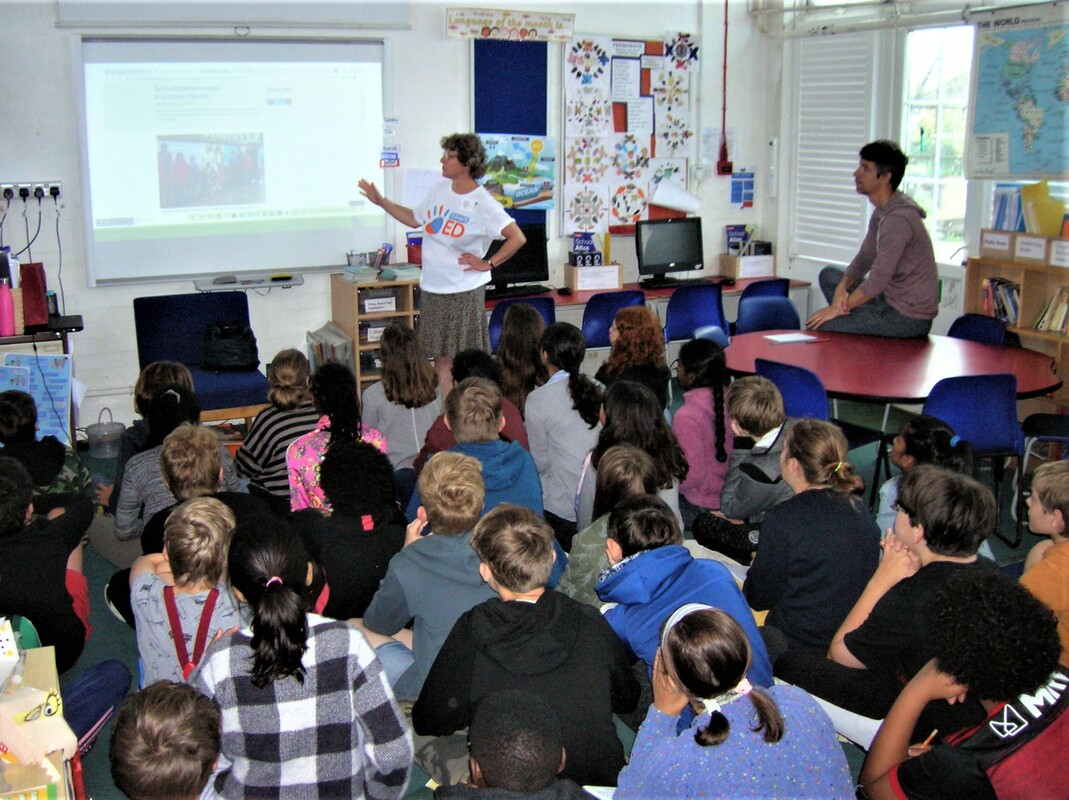
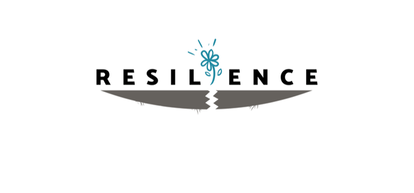

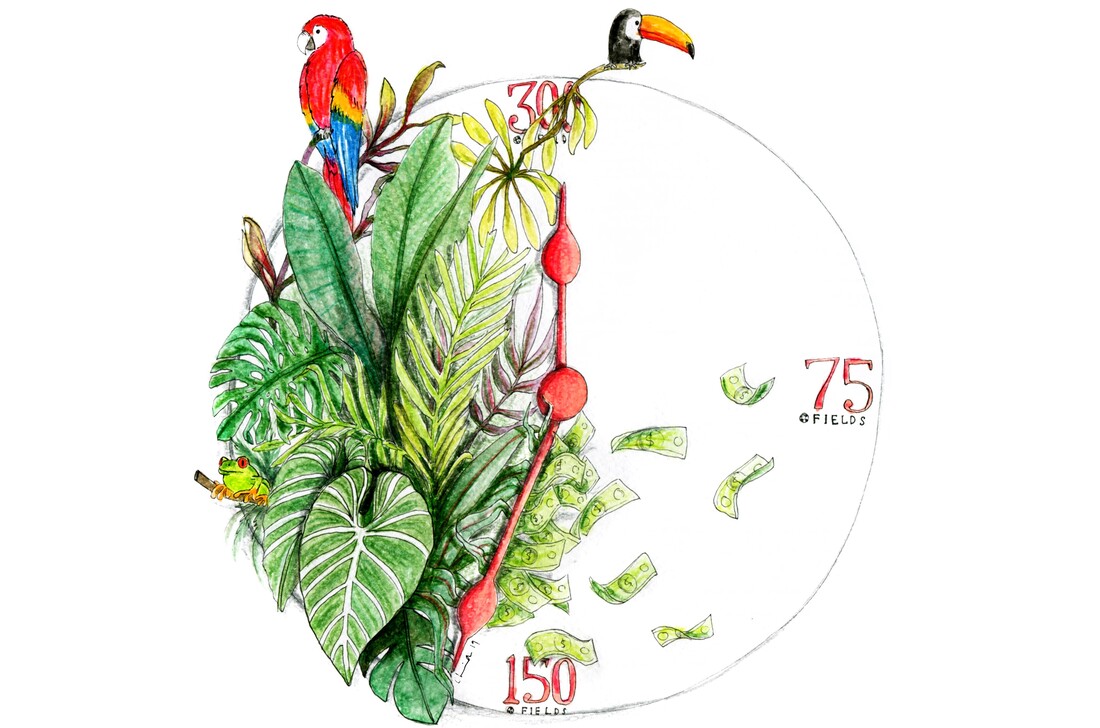
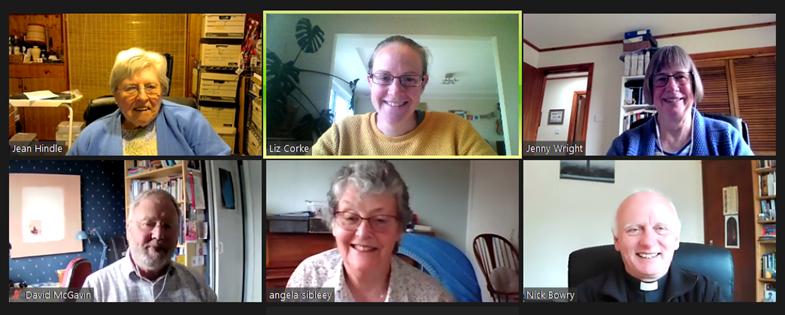
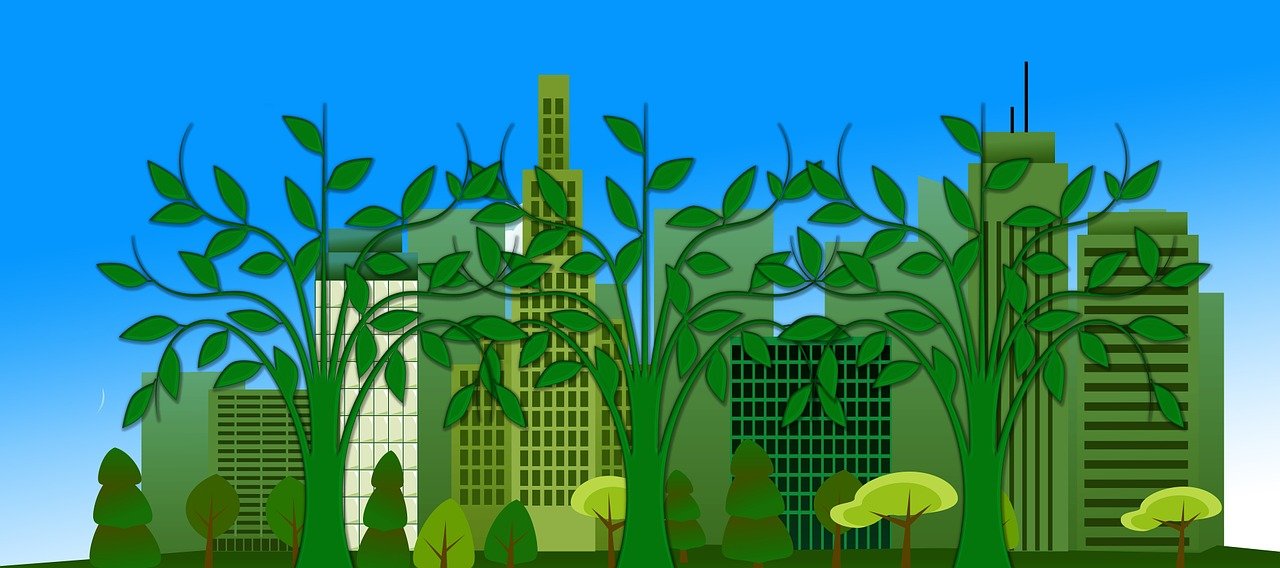
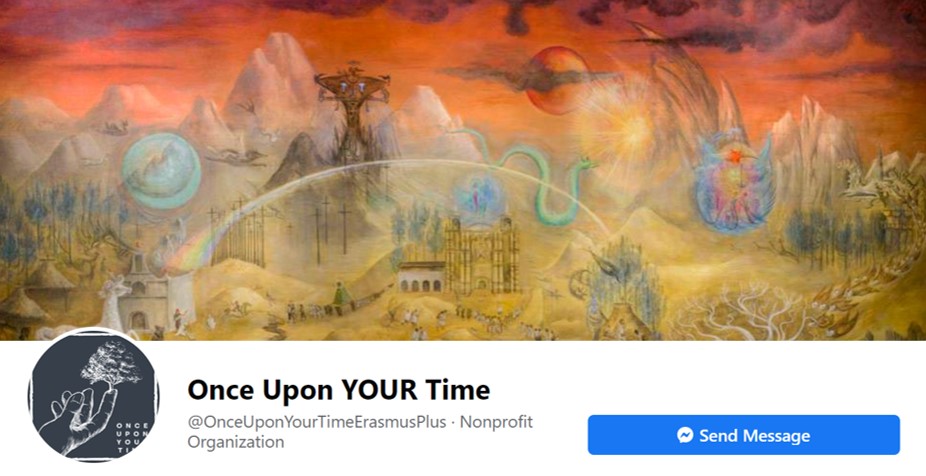

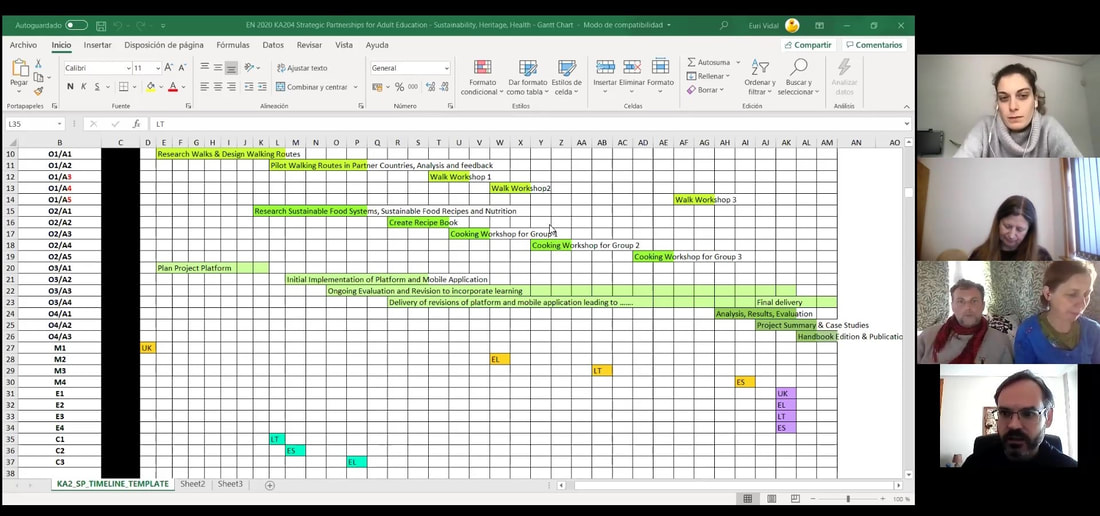
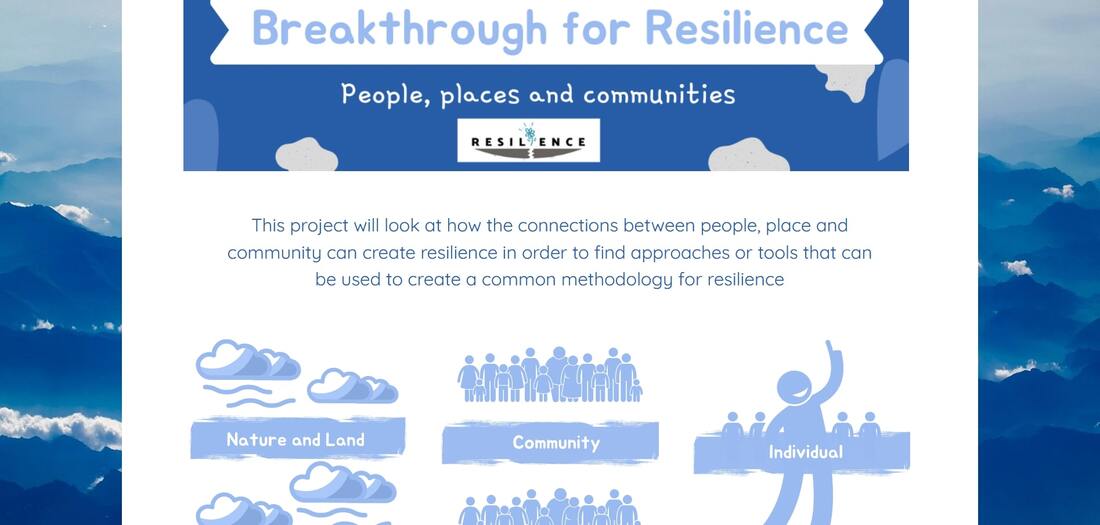


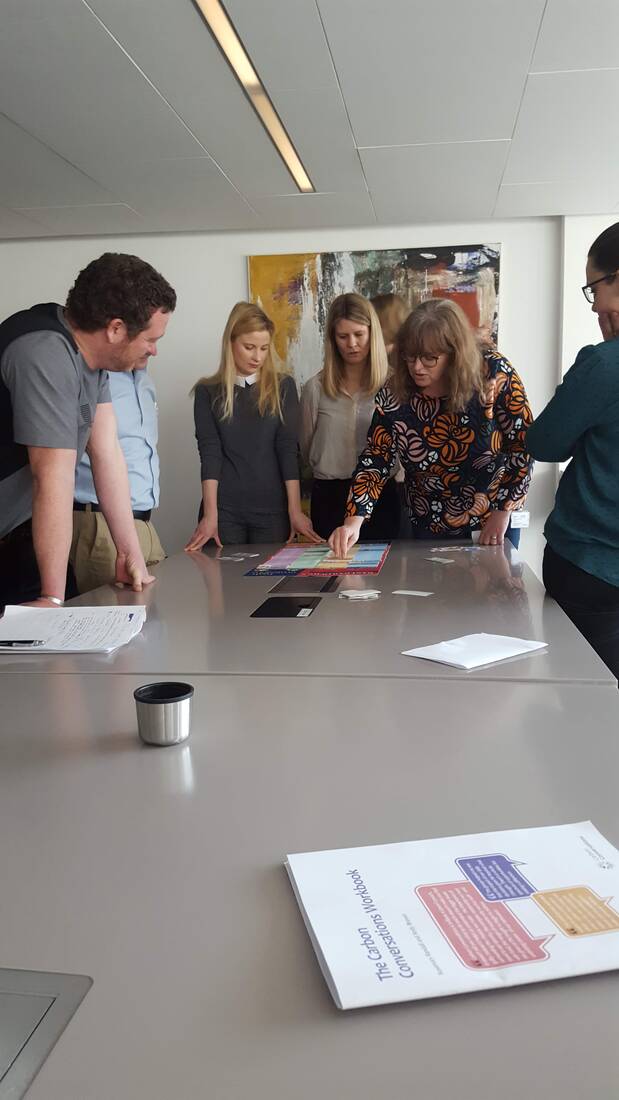
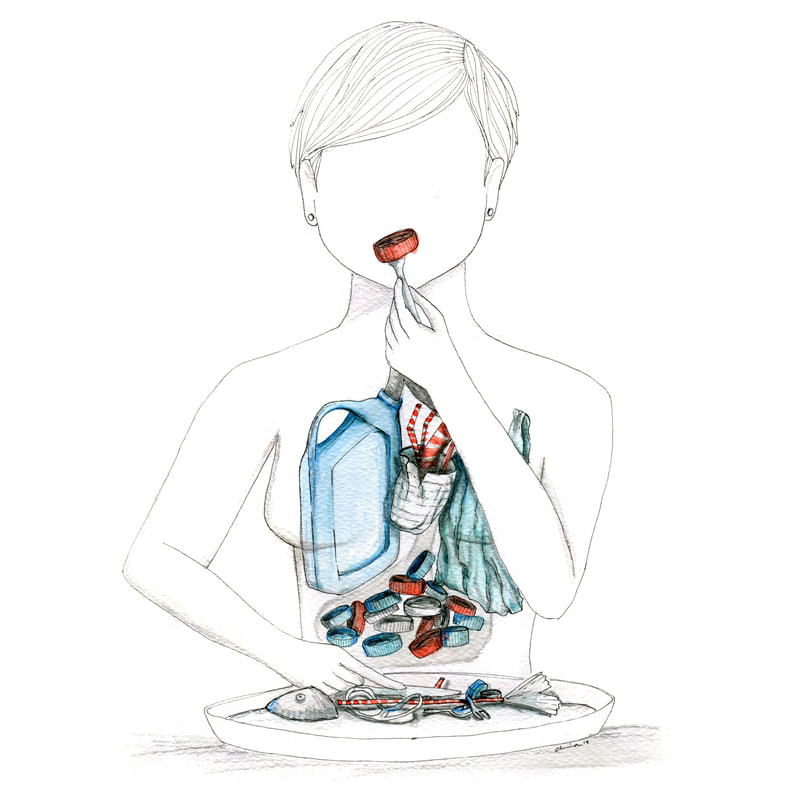
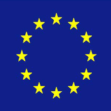
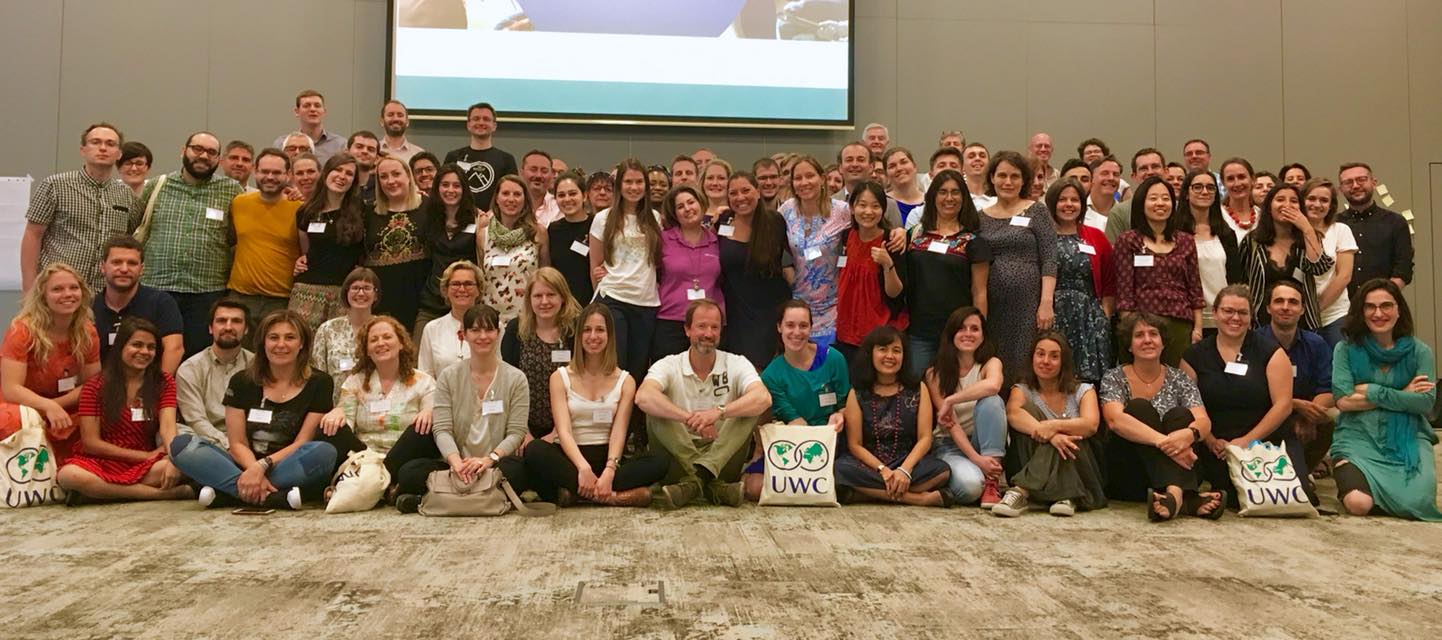
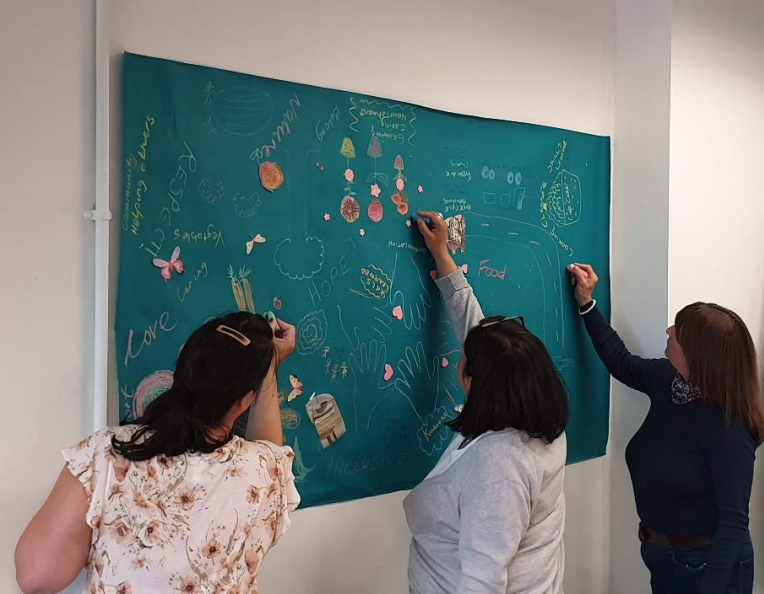
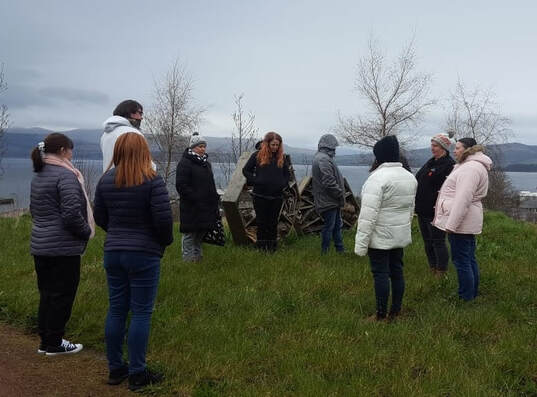
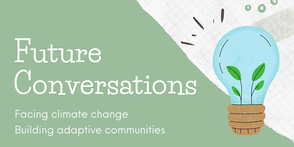
 RSS Feed
RSS Feed
